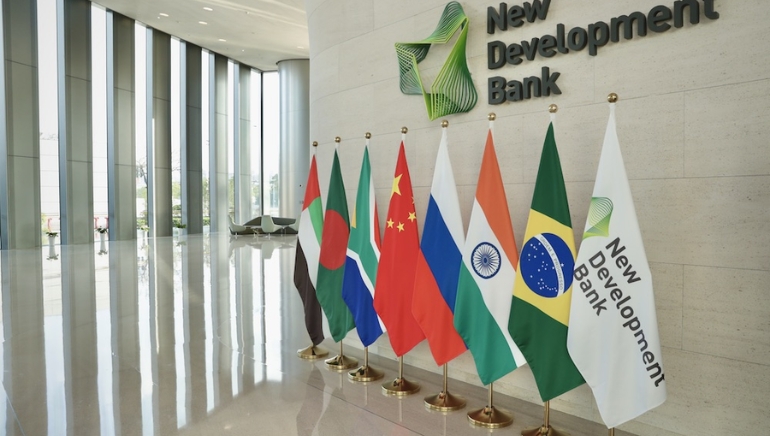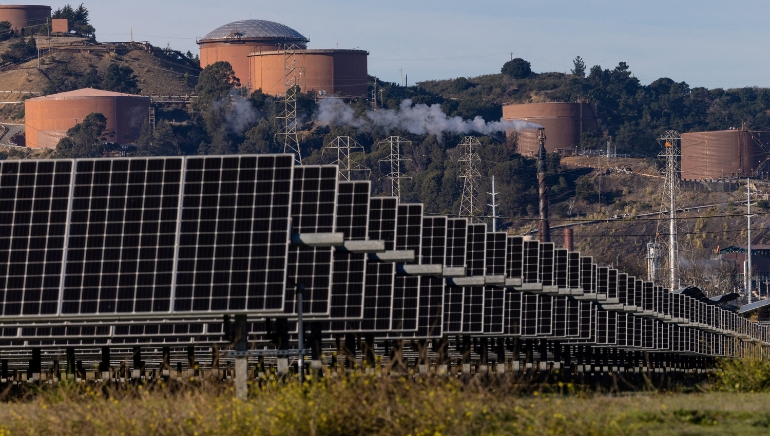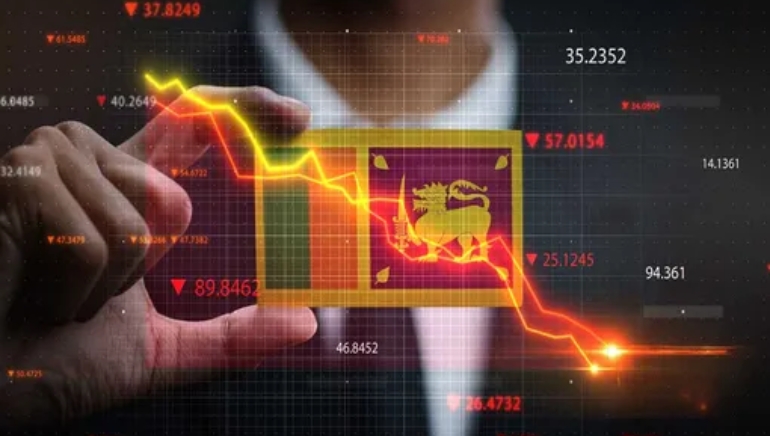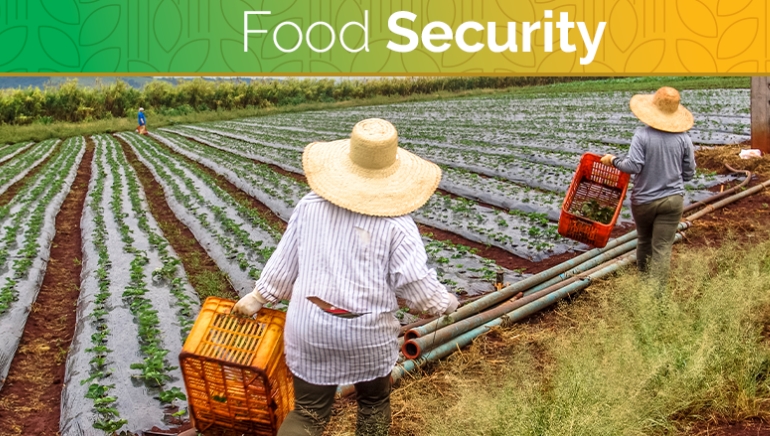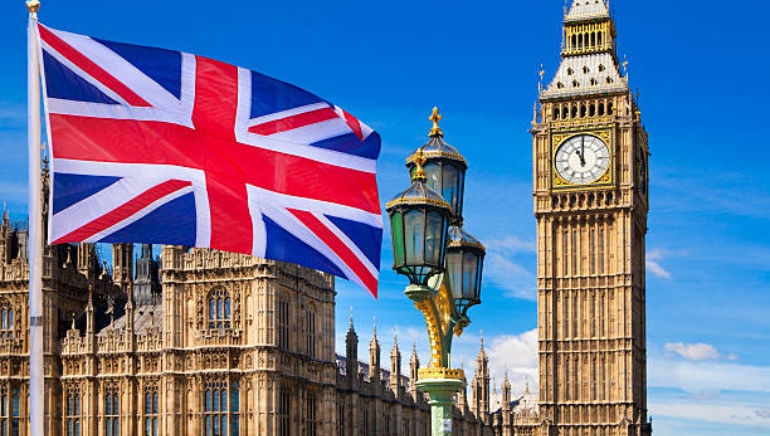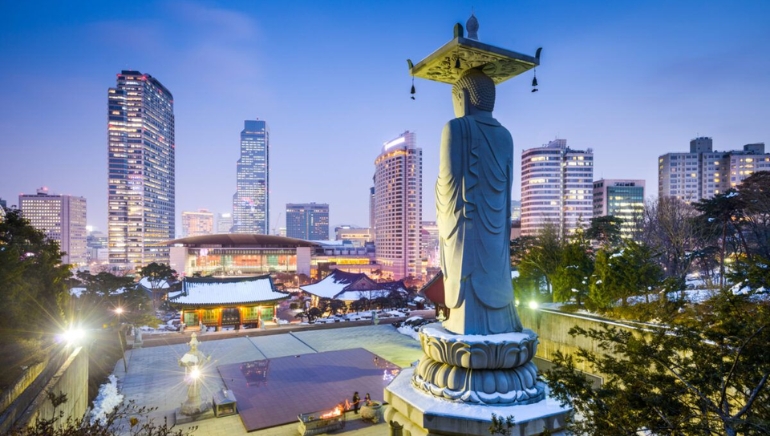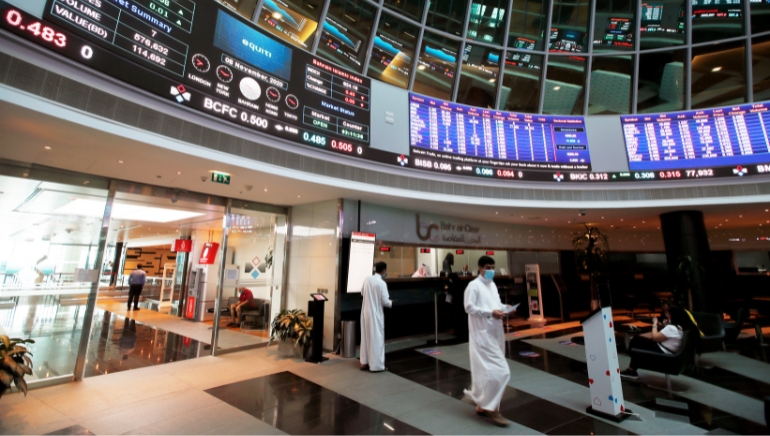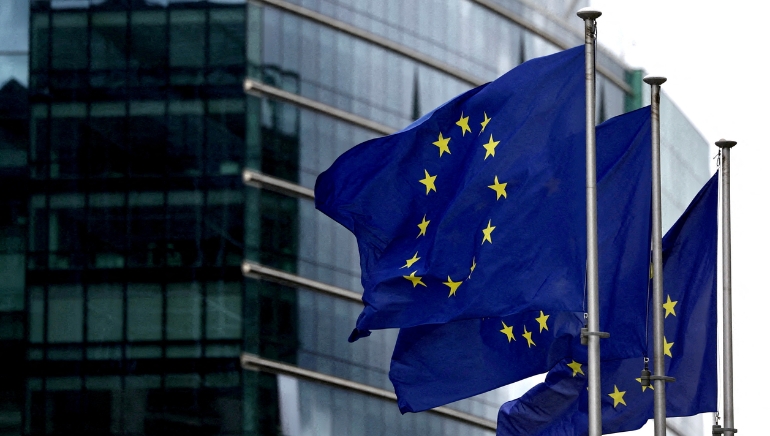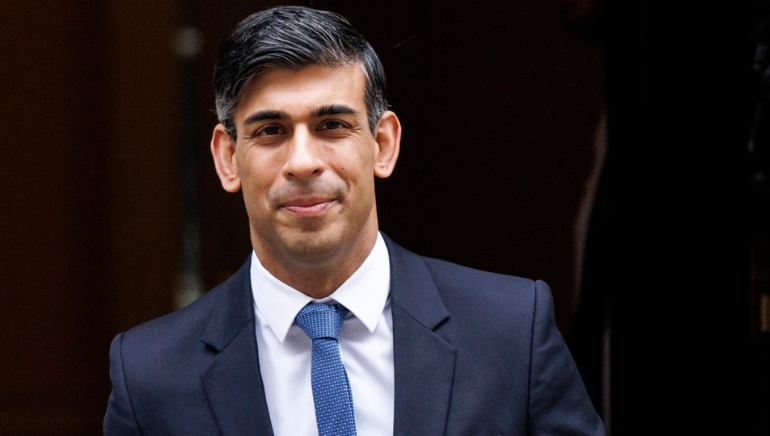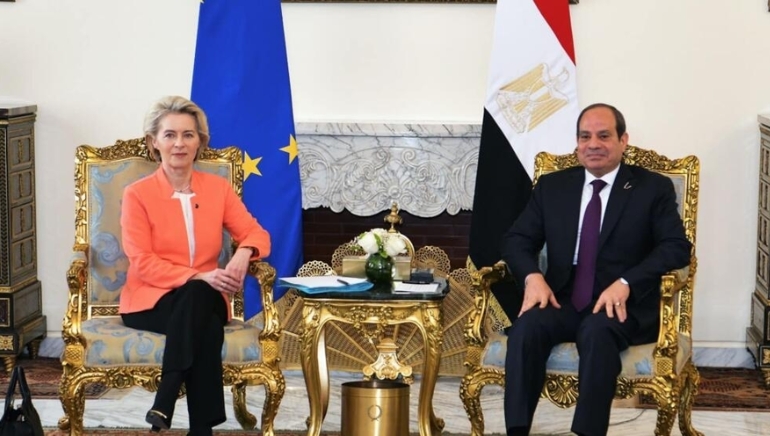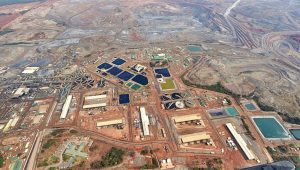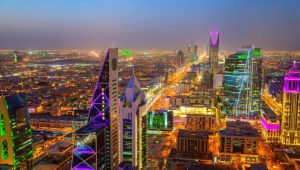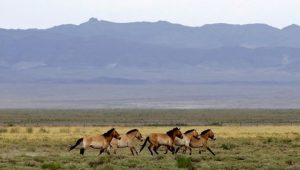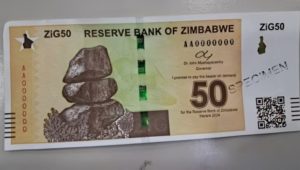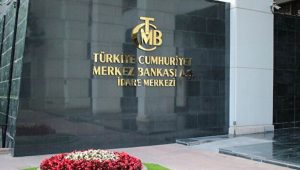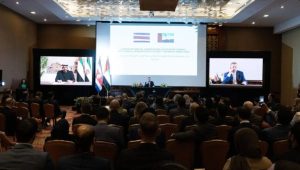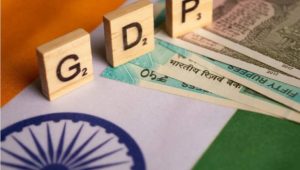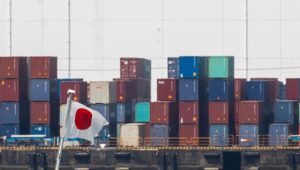The New Development Bank (NDB), established by the BRICS group of emerging economies, is projected to allocate approximately $5 billion in loans this year. The company’s vice president, Zhou Qiangwu, made this claim in his remarks on Tuesday.
Qiangwu highlighted that, despite some setbacks during the pandemic, the bank’s operations are now returning to normalcy, signalling a positive future for its activities.
However, he refrained from providing specific details on the nature of the setbacks. Still, he mentioned that China and India have received slightly more investment from the bank than other member countries—this emphasises China and India’s significance as two economic powerhouses within the BRICS alliance.
Qiangwu’s remarks also touched upon the economic outlook for China, with an anticipated growth rate of around 5% for the year, aligning with the government’s target.
With a combined population of almost 40% and a quarter of the world economy, the BRICS group seeks to establish a new international financial market separate from Western dominance. This goal is part of a larger geopolitical plan by developing nations to establish their power and alter the structure of the world financial system.





